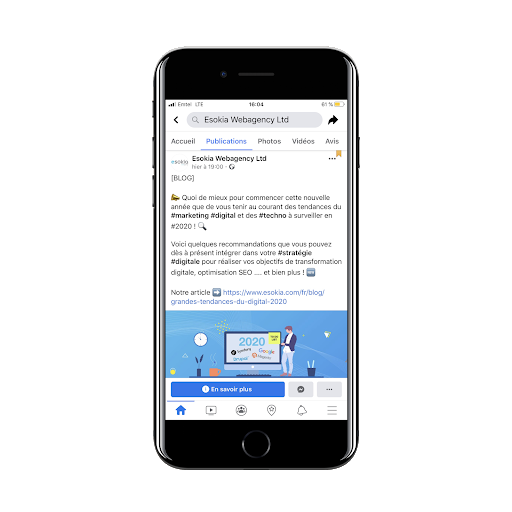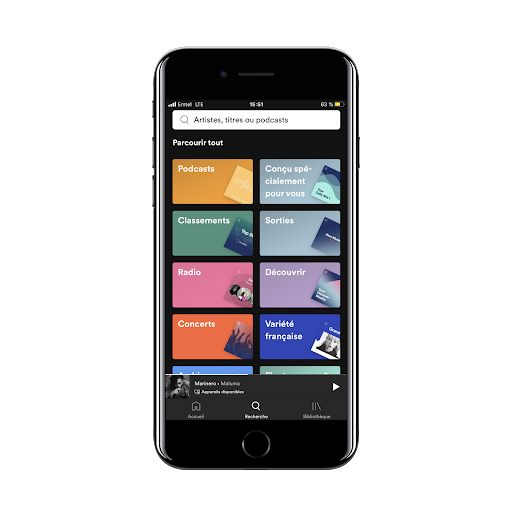An app is just an app, right? Well... no. Right now, mobile app development has three possible options. Each with its own advantages and disadvantages.
As a mobile application development agency that has developed native, hybrid and PWA applications, the question we are most often asked is "what is the best solution for my mobile development project?
The truth is that there is not just one approach to the realization of an application. Before you embark on this project, there are a number of factors you should keep in mind. You need to make the best out of the 3 options on the market, depending on your final goal. But don't worry, we are here to guide you!
When to invest in a mobile application? And how to ensure the right technological choice for this investment?
Native Mobile Application
Native applications are more commonly used by companies moving into the mobile entertainment industry. Examples include gaming-oriented or "rich media" applications. In general, these are platforms that strongly require the native functionalities of the user's devices.
If your business is primarily focused on interacting with consumers, all in a single user experience and you have the funds, then opt for native application development. Without any hesitation!
Hybrid Mobile Application
Hybrid applications are perfect for start-ups or new companies. Hybrid will give a quick boost to their ideas. Often these innovations are insufficiently explored to judge whether or not they will be adopted by users. This category of applications has the advantage of faster development, which is an important factor for a start-up company that is constantly inventing new ideas on a daily basis.
If your application is not very media-oriented and depends on some mobile built-in features, the hybrid is your best choice. Then, when your business is more digitally mature, invest in native application development.
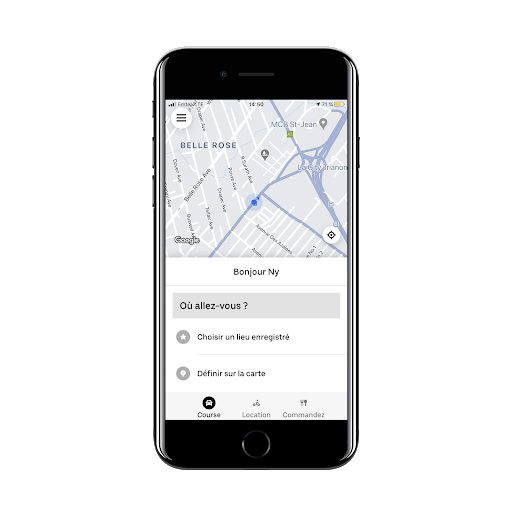
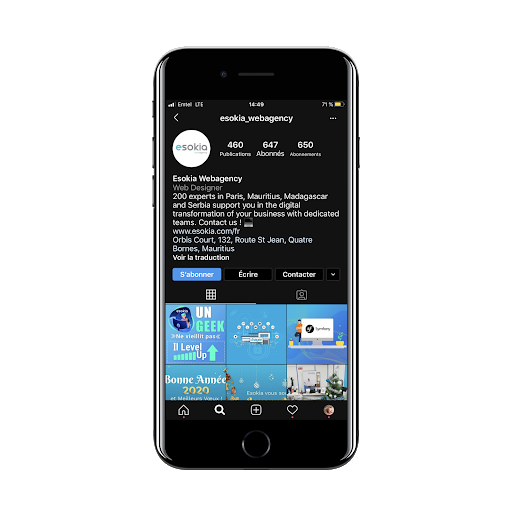
Application Web Progressive (PWA)
If your business objective requires your customers to connect regularly as a complement to your website, invest in PWA. Likewise, if your website is based mainly around less interactive unilateral sessions, PWA will be perfect for you!
In addition, if you know that the target of your application has an internet connection, choose a PWA. And if you later want to develop on a more mobile User Interface (UI), you can always do it with a Hybrid or Native application.
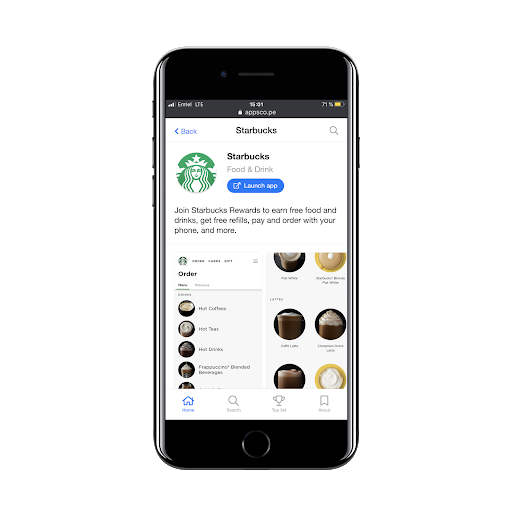
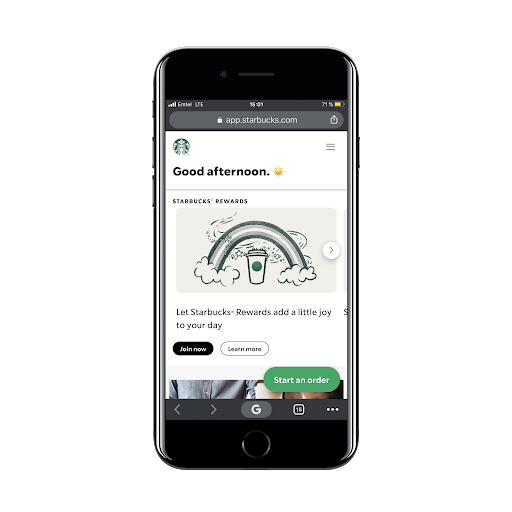
Native App vs. Hybride App vs. Progressive Web App (PWA)
| Criteria | Native | Hybrid | PWA |
| Development | |||
| IOS | ✔️ | ✔️ | ✕ |
| ANDROID | ✔️ | ✔️ | ✕ |
| WEB | ✕ | ✔️ | ✔️ |
| Possibility on smartphone | |||
| Access the functionalities | ✔️ | Limited | Limited |
| Application performance | 100% | 80% | 60% |
| User experience of the application | |||
| Ergonomy | ✔️ | Limited | Limited |
| Personalization | ✔️ | Limited | Very Limited |
| Deployment of the application | |||
| App store / Play store | ✔️ | ✔️ | ✔️ |
| Web browser | ✕ | ✔️ | ✔️ |
| Maintenance | |||
| Update app required | ✔️ | ✔️ | Not necessary |
| Development cost (similar project) | |||
| Basic development | €€€ | €€ | € |
- Log in to post comments
